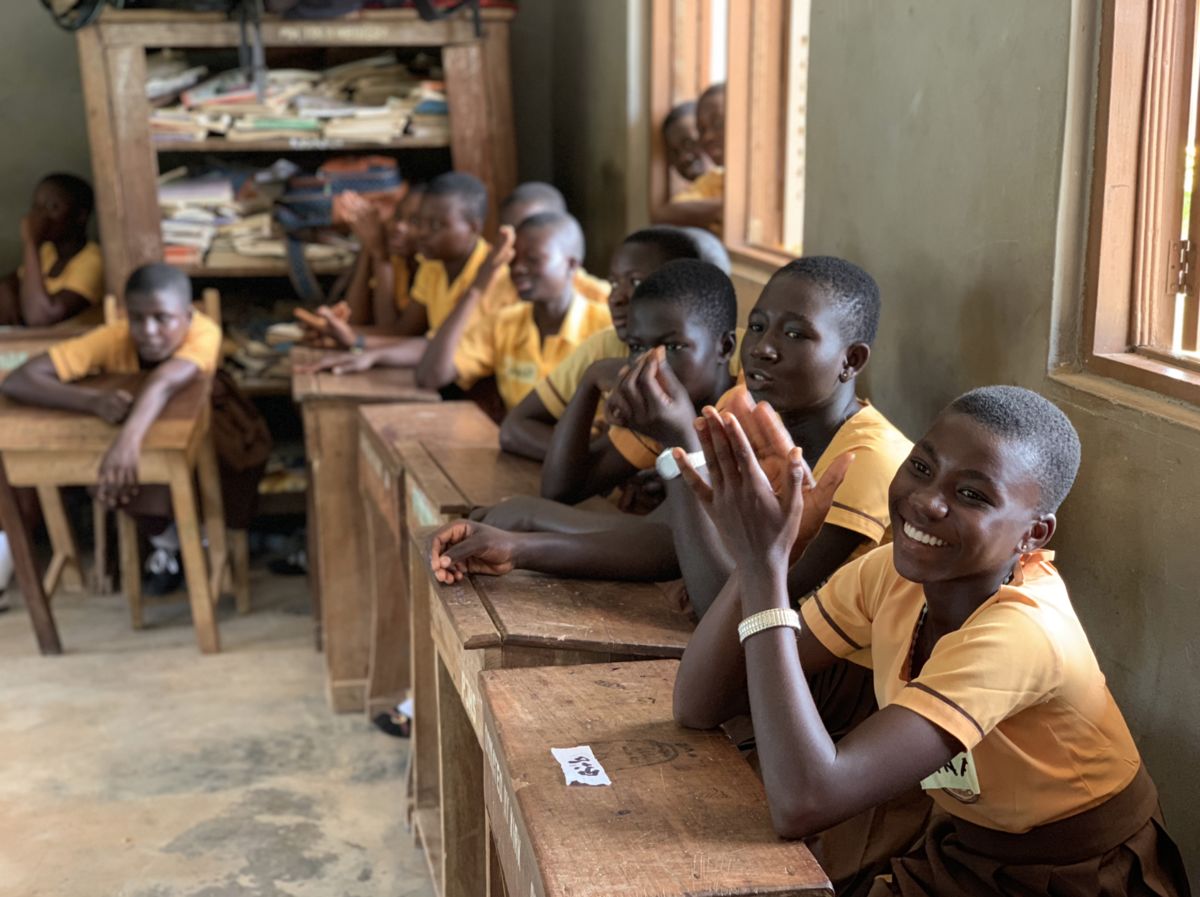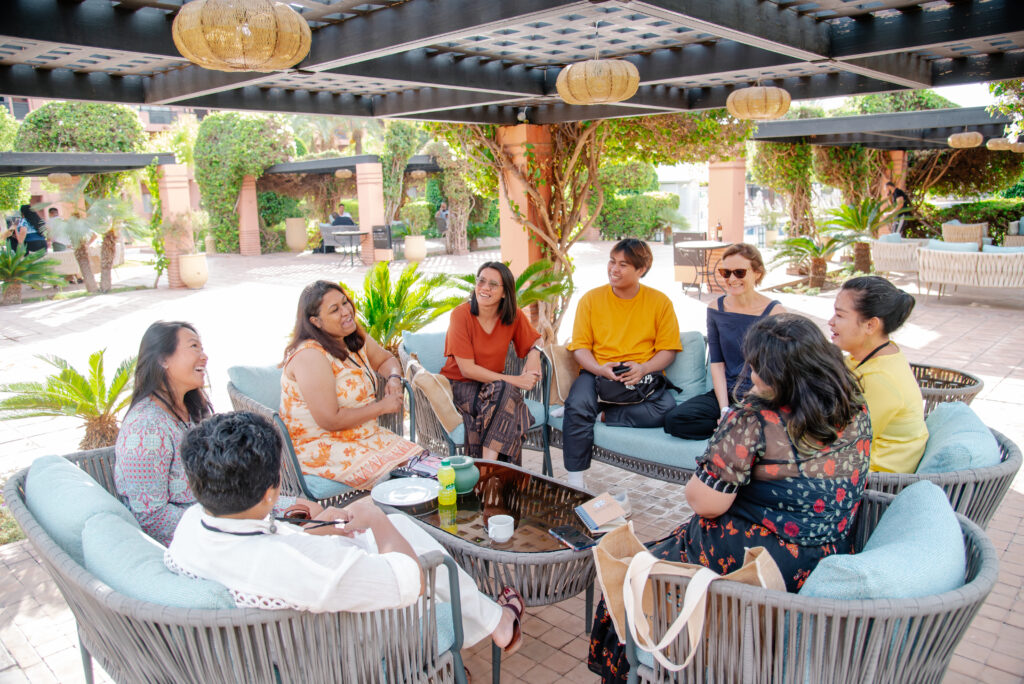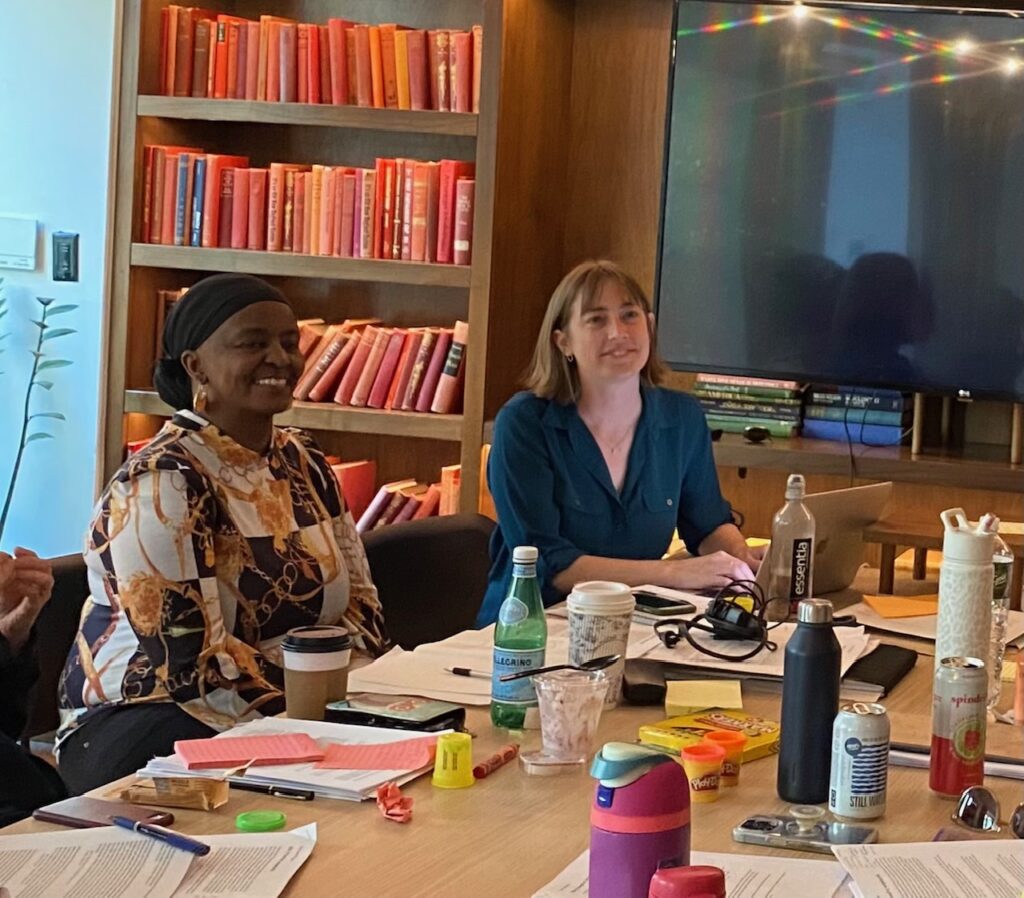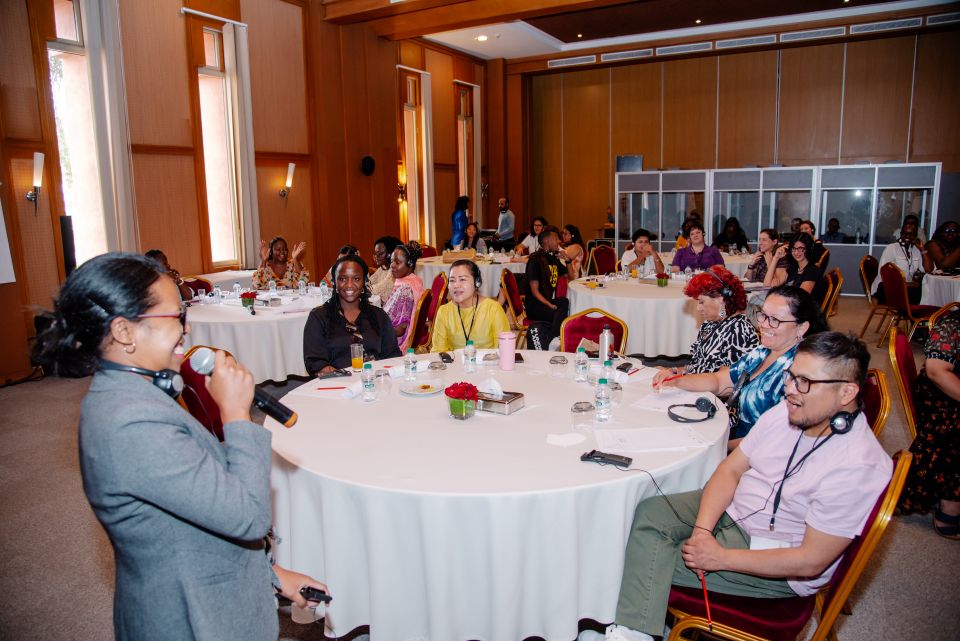This Human Rights Day

This Human Rights Day, let us commemorate the 70th anniversary of the United Nations’ adoption and proclamation of the Universal Declaration of Human Rights (UDHR) by making human rights real, at home and around the world.
When I write “at home,” I mean, “at HOME” — between husbands and wives, parents and children, families and their elders, “human rights” mean the right to be heard, to be cared for, to be treated with respect. “At home” is also the testing ground for seeing human rights as women’s rights, as former Secretary of State Hillary Clinton famously declared in 1995, back when she was First Lady, at the United Nations Fourth World Conference on Women in Beijing. The right to lead a dignified life, free of all physical, sexual, and psychological abuse. Free to fulfill one’s huge human potential, begins at home — with the need to respect a girl’s right to an education, for instance; a grandparent’s or great-grandparent’s right to appropriate care and accommodations; a wife’s right to refuse sex on demand.
These and other “at-home” rights cut to the heart of the matter: with heart, or simple empathy, for “the other” – our loved ones, for instance – we can certainly understand why we would want them to enjoy the full range of rights we claim for ourselves, and, by extension, why we would expect others to want their loved ones to enjoy those rights, as well.
Others’ loved ones, of course, lead us to those loved ones’ own loved ones, and on and on it goes – until we’ve covered the gamut: people of every color, gender, ethnicity, nationality, ability, and age. And what is the “Universal Declaration,” if not the universally embraced commitment to the rights of every human being everywhere, to shelter, safety, education, health, opportunity, and freedom of movement and expression?
For most of us sitting comfortably reading this, the right to be free of violence, forced displacement, and wrongful incarceration is so obvious as to be taken for granted. Not so for the homeless, the asylum seeker, the indigent, for whom this right manifests as a daily fight to survive.
Poor women know this. This is their life, as they struggle each day, again, to feed their families and keep them safe. And things are slowly changing in their worlds, regarding the recognition of everyone’s rights, with women leading the way. The micro-justice clinic run by our WomenStrong consortium member DHAN Foundation in Madurai, India, for example, helps impoverished women obtain identity papers that can qualify them for valuable government benefits and services to which those in possession of such documents have ready access.
The Mobile Women’s Health Clinics operated by DHAN and our WomenStrong consortium members in Ghana and Haiti enforce the right to health by providing care directly to hard-to-reach women and girls who lack the wherewithal or knowledge to get themselves to a faraway health facility.
And the Girls’ and Boys’ Clubs run by our consortium members in Ghana and Kenya actively teach children their rights. Their teachers describe watching the girls’ and boys’ self-esteem blossoming, right along with their keen determination to bring those rights home to their own communities.
So women at the grassroots are kicking it, empowering community by community, woman by woman, girl by girl, and boy by boy. Now it’s time for the rest of the world to follow their lead. It’s been 70 years since the then-58 members of the United Nations adopted the Universal Declaration. The current 193 UN member states have the privilege today, this Human Rights Day, to stand with freedom, with their forebears, and with so many brave women warriors worldwide, by asserting, loudly and strongly, the right to dignity of all peoples.
And by “all,” we mean ALL.
Just ask the women.




